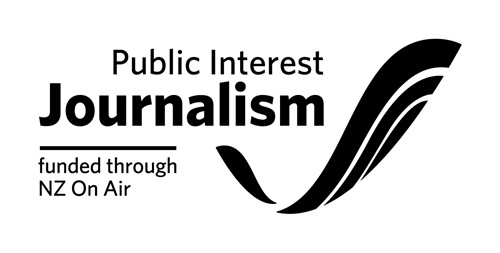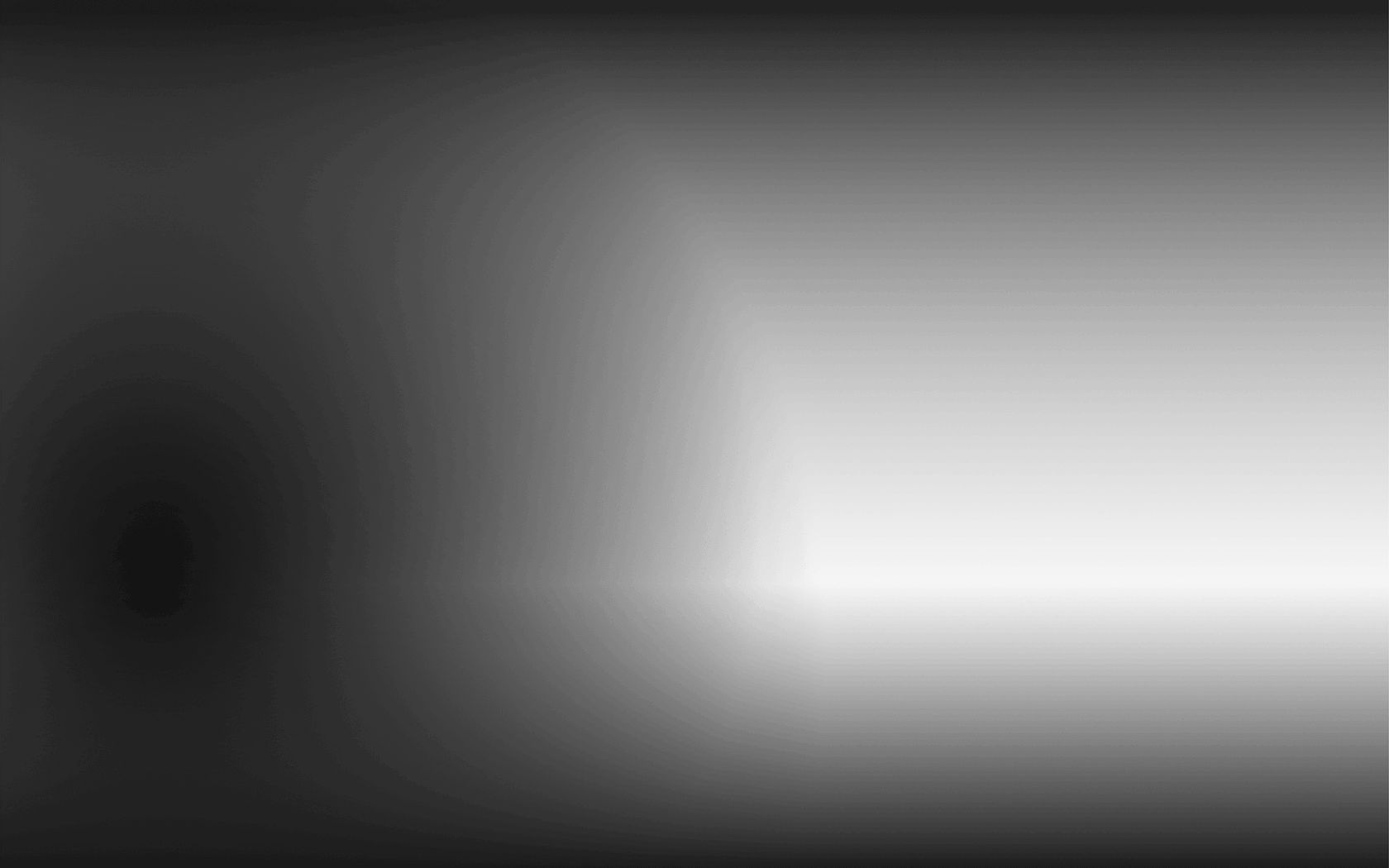What is the difference between `Disability Sport’ and `Sport’?
The answer is nothing. And if you have a problem with that, don't argue the point with Catriona McBean.
“People who are involved in sport aren't disabled; they are enabled if they are participating. I'd only use the term disabled to describe those who are not involved in sport because the sports system, rules and infrastructures prohibit participation.”
Catriona has 20 years of experience in sport and sport management. She has worked for Water Safety NZ, Swimming NZ, Sport and Exercise NZ, Orienteering NZ and dsport.
“Working in sport is a huge privilege. I have had the amazing opportunity to be part of and witness gold medal-winning and record-breaking world performances at the Paralympic and Olympic Games and World Championships. But for me, this isn't my biggest highlight.”
“It may sound like a cliche, but for me, the biggest highlight is the power of sport to transform lives. It doesn't matter if you are disabled or non-disabled, an elite athlete or a club player; your performances often defy your own beliefs. I have seen athletes, young and old, excel in their sport, bettering not only their own expectations but also redefining how they see themselves in the world.”
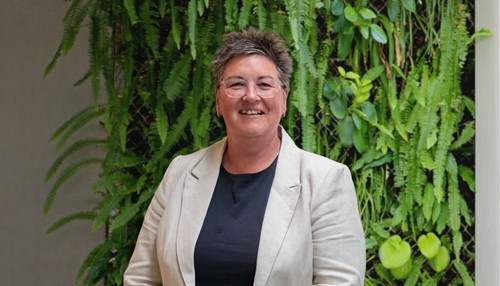
Catriona, who is currently on the board of Paralympics New Zealand, recently completed her PhD in Disability Sport at the University of Waikato. Her thesis was titled `I forget I have a disability: Understanding young people's experiences in disability sport and active recreation in Aotearoa, New Zealand.’
Now, take note; it is important to state that Catriona McBean doesn’t have a disability.
“I am not disabled, nor was I a young person with an impairment.”
However, her father arguably did.
“Unbeknown to me as a child, my father could have chosen to identify as disabled, but he did not. Injuries sustained during WWII while a navigator in RAF Bomber Command left him wearing a caliper (now referred to as an ankle foot orthosis or AFO) and walking with a stick. His aspirations to represent NZ, wearing the silver fern, as a runner ceased. Always active, my father did not let this injury define who he was. My Dad taught me several life lessons strength through adversity, perseverance, and never giving up on your dream.”
So, why title her thesis `I forget I have a disability’?
“I chose this title as it was actually what one of the young people I interviewed said. It really made an impression on me. It totally described what sport meant to these young people.”
Catriona believes that being connected to sports can “transform lives”. Disability or not.
“Being part of a team, having a sense of belonging, being able to challenge yourself both physically and mentally - these are just some of what sport has to offer.”
“Disability sport is about equity. It provides opportunities for people to experience a sport which is better suited to their abilities. It also provides a more even playing field for comparing capability. It also provides a platform for education and understanding.”
Catriona is heavily involved in the Paralympic Movement in NZ and is looking forward to the Paris Paralympic Games.
“I am really, really excited about the upcoming Paralympic Games in Paris. It will be an amazing experience for everyone involved. I expect to see new athletes in Paris who will raise the bar on performances. Paralympic performances and records are now very, very competitive, and we're fortunate in NZ to have athletes representing us who will be leading this charge.”
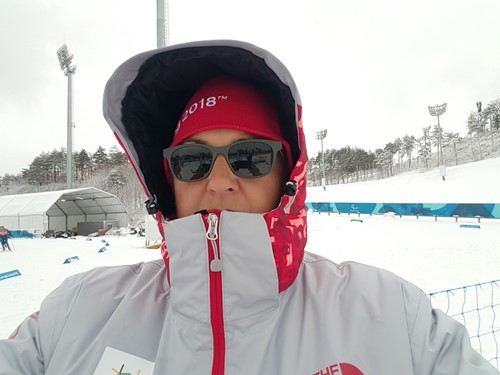
Photo credit - Catriona Mcbean
Catriona believes there’s a lot of room for improvement and that all sports in NZ can better serve the disability community.
“The low participation rates of disabled young people was first raised in Parliament in 1937. It's now 85 years later and we still haven't seen much change. But it is really time for change to happen.”
The priority is to get rid of ableism and discrimination in our sports system.
“The first step to getting rid of ableism and discrimination in our sport system is to recognise it actually exists in the first place. Most people do not recognise it. Unfortunately, sport is a reflection of society and as most disabled people will tell you, ableism and discrimination is inherent in everyday life too.”
“Being able to understand what it's like to be disabled is difficult if you haven't had any exposure to it. Trying to explain to someone who does not feel like their lives are limited or constrained is hard.”
She says change isn’t necessary or important - it’s imperative!
“I want to see more disabled people being treated with dignity and respect. Being included in the conversations when decisions that affect them are being made, being welcomed into sport and active recreation, being provided with all the same opportunities non-disabled people have without the need to fight for this right.”
What ticks her off in the community?
“Where do I start! One thing that really annoys me at the moment is those who are making decisions - be it in government or local government - do not consider disabled people. Often decisions are made to benefit a small minority but have a huge impact on the disabled community. But disabled people aren't even thought about. When they are thought about, the consideration is often as an afterthought and sometimes quite patronising.
She points out an example when speaking with some decision-makers about streets in Wellington.
“They asked, ‘where do disabled people go?’ as if there was a single answer. My response was a bit blunt and pointed ‘Well, where do you go?’ Disabled people will go where they need to go to get what they want, visit where they want to. Just like you and I do, and this may differ each time". So this continued belief that disabled people are different to non-disabled people across all aspects of their lives does tick me off.”
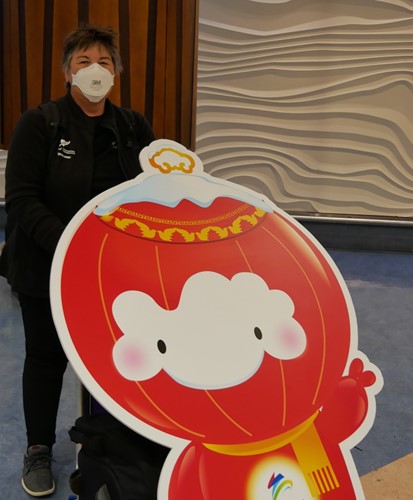
Photo credit - Catriona Mcbean
Catriona intends to keep paving the way for the next generation. She believes that we can all do something to level the playing field.
“Ask, don't presume. Give disabled people the opportunity to have a voice and be part of any decision-making. One size doesn't fit all. So don't expect every disabled person to have the same needs and wants as others. You don't expect this from non-disabled people, so why presume it for disabled people. Start, even if it's just small changes; just make a start.”
As for the future, Catriona has a clear vision.
“That sport and active recreation in NZ is truly sport for all. That there will be no need for dedicated disability sport provision because there are no other options available. Rather, I'd like to see disability sports provided as one of many options and opportunities, so disabled people have a range of sports and activities to choose from.”
